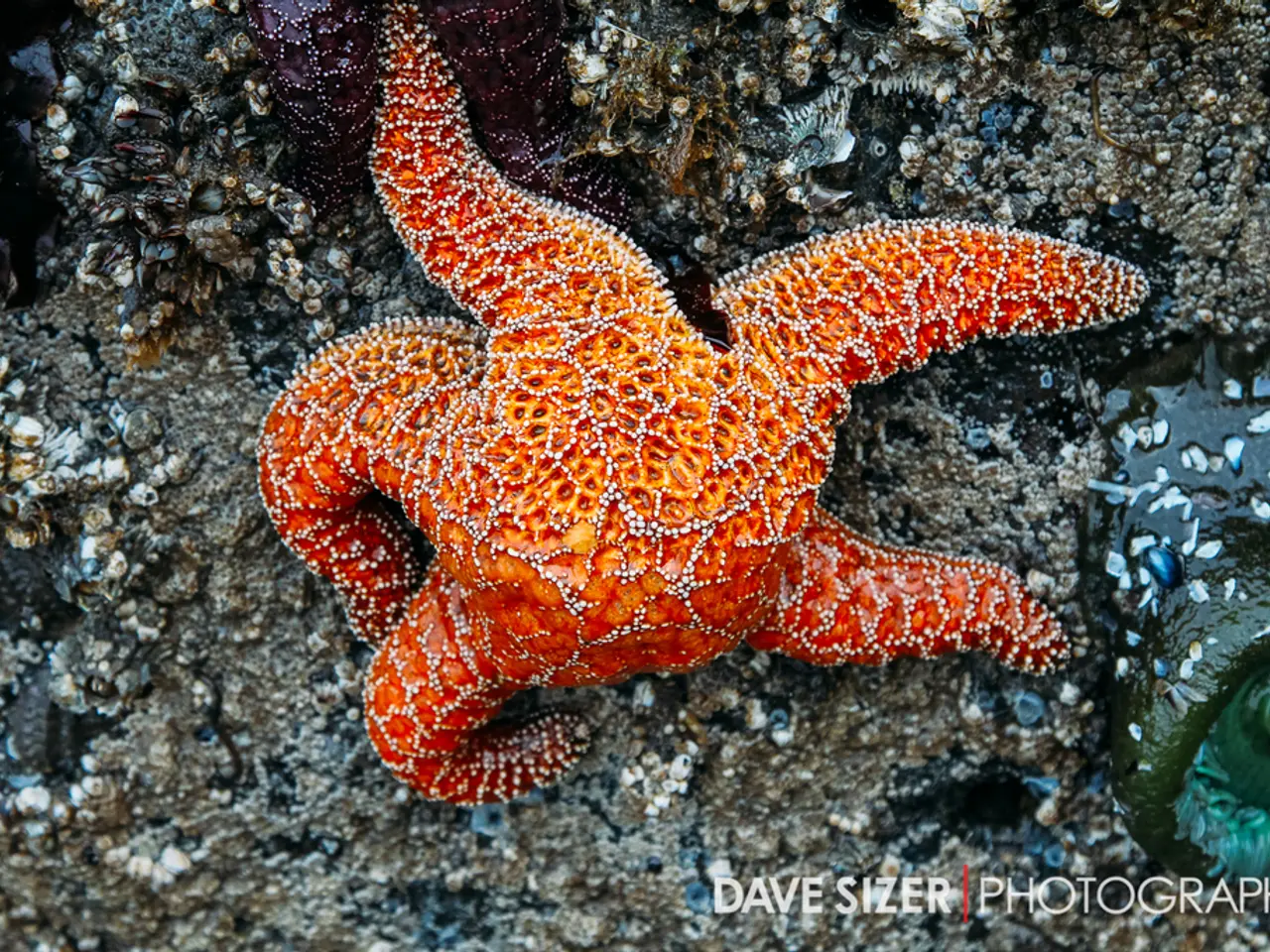Nuclear power plant in France has resumed operation following temporary shutdown due to jellyfish. - Nuclear power station in France, temporarily halted due to jellyfish incident, resumes operation.
The Gravelines nuclear power plant, the largest in Western Europe and located 20 kilometers northeast of Calais on the French North Sea coast, experienced an unexpected shutdown in August 2025. The cause of the shutdown was an unforeseen event involving jellyfish.
Four out of the six reactors at the plant were temporarily halted due to a large swarm of jellyfish blocking the cooling filter drums in the pump stations. This incident triggered automatic safety shutdowns according to the plant's protocols.
Although the shutdown caused a temporary loss of power generation capacity, it did not compromise the safety of the plant, personnel, or the environment. EDF, the French utility operator, confirmed that the robust safety systems in place automatically activated to protect the reactors when cooling disruptions occurred.
The filters affected by the jellyfish incident were not part of the nuclear facilities. Two other reactors at the plant were already shut down for maintenance.
From an environmental safety perspective, there were no adverse effects reported during these jellyfish-induced shutdowns. The plant’s design ensures that the reactor core cooling and containment remain secure despite intake blockage.
Jellyfish swarms are influenced by warmer ocean temperatures and nutrient runoff, creating favorable breeding conditions. This has led to increased frequency of such events and is a broader environmental concern linked to climate change and ocean health.
This is not an isolated incident. Similar events have occurred at other European nuclear plants such as Torness in Scotland (2021) and Oskarshamn in Sweden (2013). In the USA, Scotland, Sweden, Japan, and even France itself (in the 1990s), jellyfish have caused shutdowns at nuclear power plants, demonstrating this is a recurring operational risk in coastal nuclear plants relying on seawater cooling systems.
Despite the occasional jellyfish-caused shutdowns, the Gravelines nuclear power plant, operated by EDF, continues to be a significant player in the region's energy production. Two additional reactors, each with a capacity of 1600 megawatts, are planned to be added to the plant by the year 2040.
The shutdown had no impact on the safety of the facilities and personnel or the environment at the nuclear power plant in Gravelines, as reported by AFP. The incident serves as a reminder of the need for ongoing management to minimize operational interruptions and the broader environmental concerns linked to climate change and ocean health.
- Vocational training programs focused on climate change, environmental science, and health-and-wellness could benefit personnel at nuclear power plants, as they would be better equipped to handle the increasing number of incidents caused by factors such as the occasional jellyfish-induced shutdowns, which are a recurring operational risk in coastal nuclear plants relying on seawater cooling systems.
- In the science community, ongoing studies and discussions about the impact of warmer ocean temperatures and nutrient runoff on jellyfish populations, and their influence on the frequency of such environmental events, could provide valuable insights for policy-makers, helping to develop more effective community policies that address climate change and promote healthier marine ecosystems.





